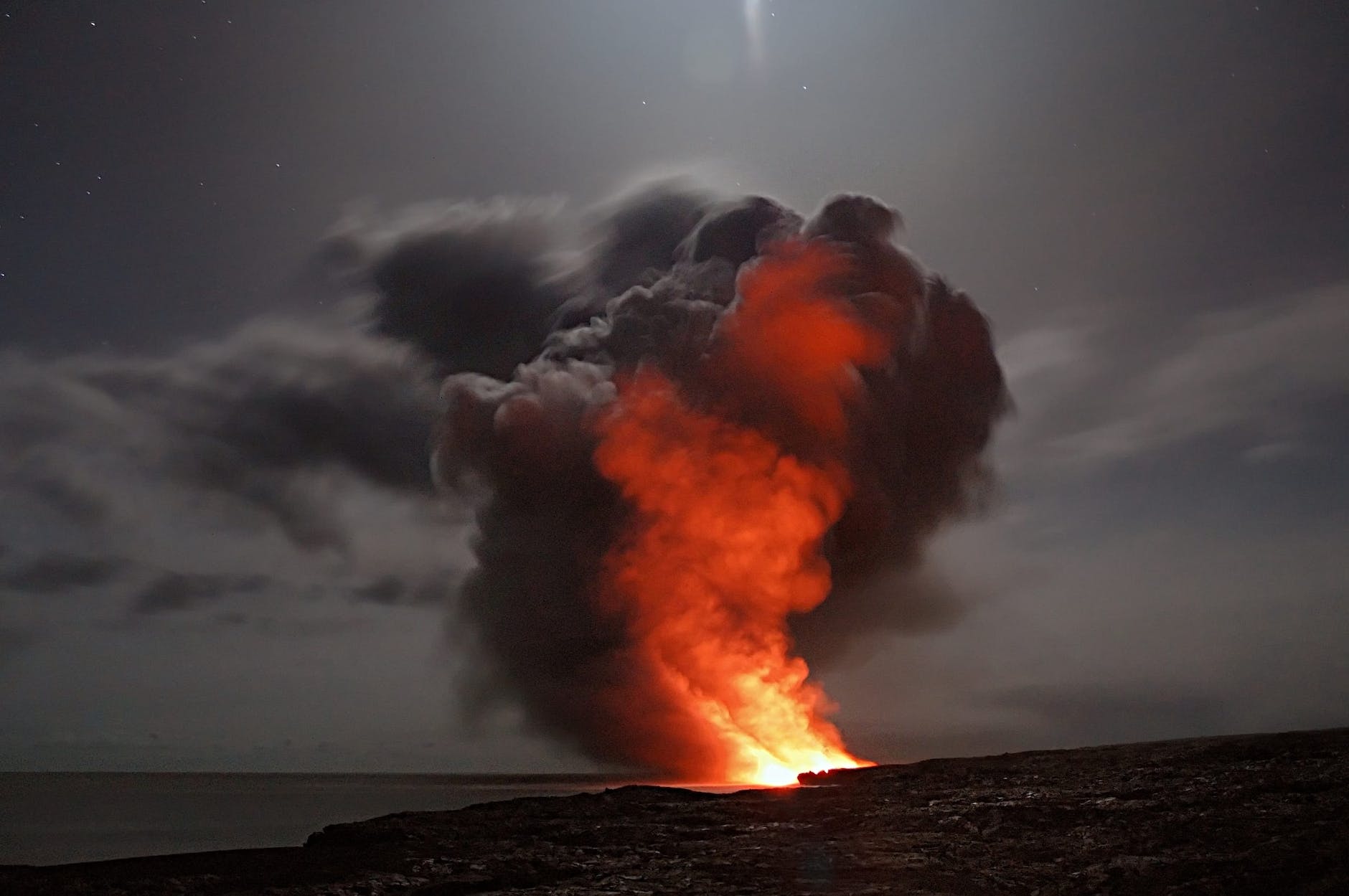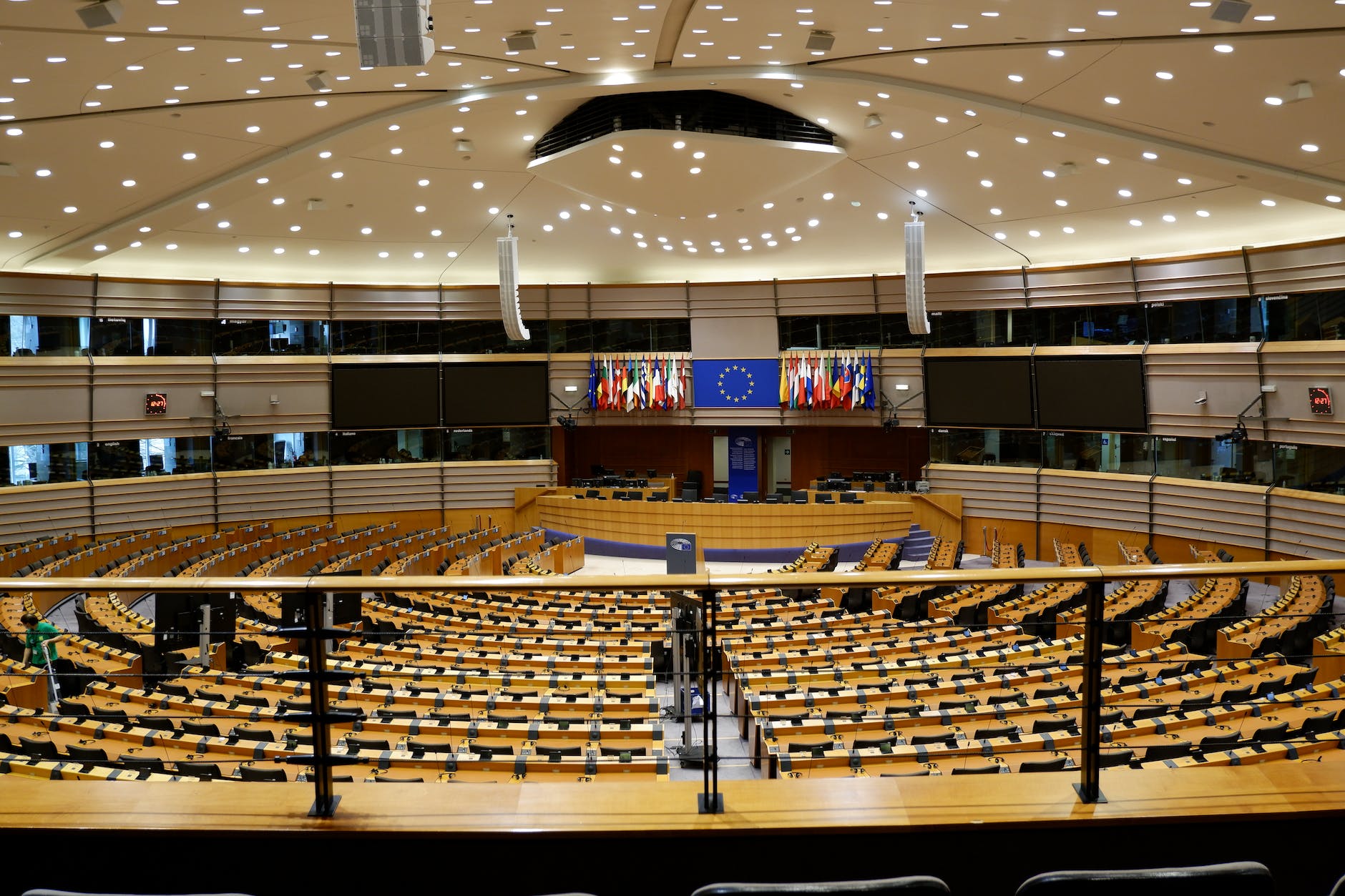Summaries of judgments made in collaboration with the Portuguese judges and référendaire of the General Court (Maria José Costeira, Ricardo Silva Passos and Esperança Mealha)
▪
Judgment of the General Court (First Chamber, Extended Composition), 10 April 2024, Case T-301/22, Petr Aven v Council of the European Union
Common foreign and security policy – Restrictive measures taken in view of actions undermining or threatening the territorial integrity, sovereignty and independence of Ukraine – Freezing of funds – List of persons, entities and bodies covered by the freezing of funds and economic resources – Inclusion and maintenance of the applicant’s name on the lists – Concept of ‘support for actions or policies’ – Article 2(1)(a) of Decision 2014/145/CFSP – Article 3(1)(a) of Regulation (EU) No 269/2014 – Concepts of ‘material or financial support for Russian decision-makers’ and ‘benefit’ from those decision-makers – Article 2(1)(d) of Decision 2014/145 – Article 3(1)(d) of Regulation No 269/2014 – Error of assessment
Facts
The Council of the European Union (‘the Council’) adopted, following the military aggression carried out by the Russian Federation (‘Russia’) against Ukraine on 24 February 2022, several measures by which it added the applicant’s name to the lists of persons, entities and bodies supporting actions undermining or threatening the territorial integrity, sovereignty and independence of Ukraine (“the lists at issue”), adopted by the Council since 2014.
On 28 February 2022, the Council imposed on the applicant, Mr. Petr Aven, an oligarch of Russian and Latvian nationality, the freezing of his banking funds and assets, in accordance with Article 2(1) and (2) of Decision 2014/145/CFSP of 17 March 2014[1].
The Council took such actions on the ground that he is a major shareholder of the Russian conglomerate ‘Alfa Group’, one of Russia’s main banks. As such, the applicant is one of the most influential persons in Russia and has links with the Russian President, Vladimir Putin, supporting the Russian regime. According to the Council, the Russian President rewarded the Alfa Group for its loyalty to the Russian authorities by promoting the group’s investment plans abroad.
Continue reading “Summaries of judgments: OT v Council of the European Union | Abramovich v Council”






